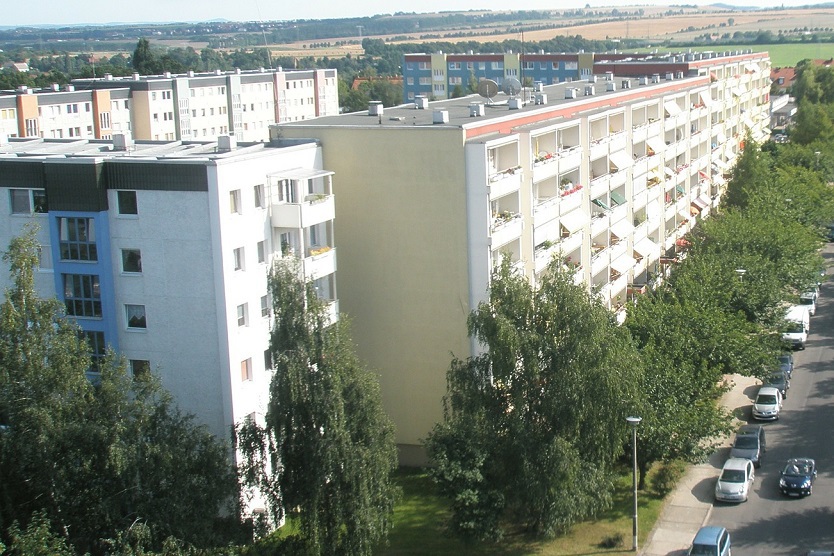
Innovative heating systems are to be tested in refurbished multi-family houses
The installation of new heating systems ‒ whether in new or existing buildings ‒ is providing an increasing number of opportunities in terms of running them on electricity. For instance, the room climate can be controlled with decentralised ventilation systems that include heat recovery, infrared heating or heat pumps. What all these heating systems have in common is that they can be operated climate-neutrally with renewable energies ‒ and, ideally, generated locally. Especially with heat pumps, the generation of high temperatures to heat a water circuit still consumes large amounts of energy. To ensure high efficiency, the temperature difference in the heat exchanger must also be as high as possible.
Universities and research institutes in southern Germany came up with the idea that such a heat supply should also be possible with lower differences in temperature and at lower temperature levels. This is the reason why the Fraunhofer Institute for Solar Energy Systems, the Institute for Sustainable Energy Systems at the University of Freiburg and the Karlsruhe Institute of Technology are jointly researching the potential of this technology in the practice-based project: LowEx inventory.
LowEx refers to the small temperature differences in a heat-pump circuit that are transferred to the heating system via heat exchangers. Such systems will be used and tested in the process of old buildings being renovated. The concept must compete with the existing heat pumps in terms of economy, room comfort and the reduction of CO2. To achieve this, the appropriate system technology with components such as heat accumulators and room transfer systems will first be developed within the scope of the project. Its operation will be accompanied by monitoring and subsequent evaluation.
A suitable partner, a medium-sized real estate developer, has already been found for the practical implementation in the building modernisation works. The result is that the small town of Adorf/Vogtland with some 4900 inhabitants is becoming a role model of energy research in Germany.
The Federal Ministry for Economic Affairs and Energy is providing over €2.3 million in funding for this research project between 2018 and 2021.


